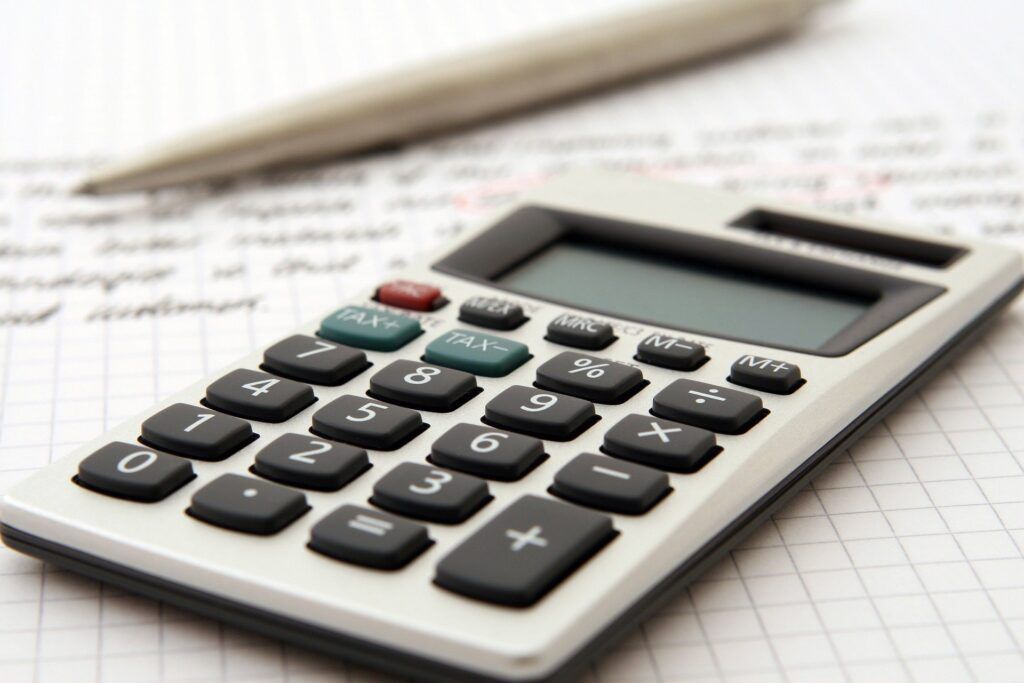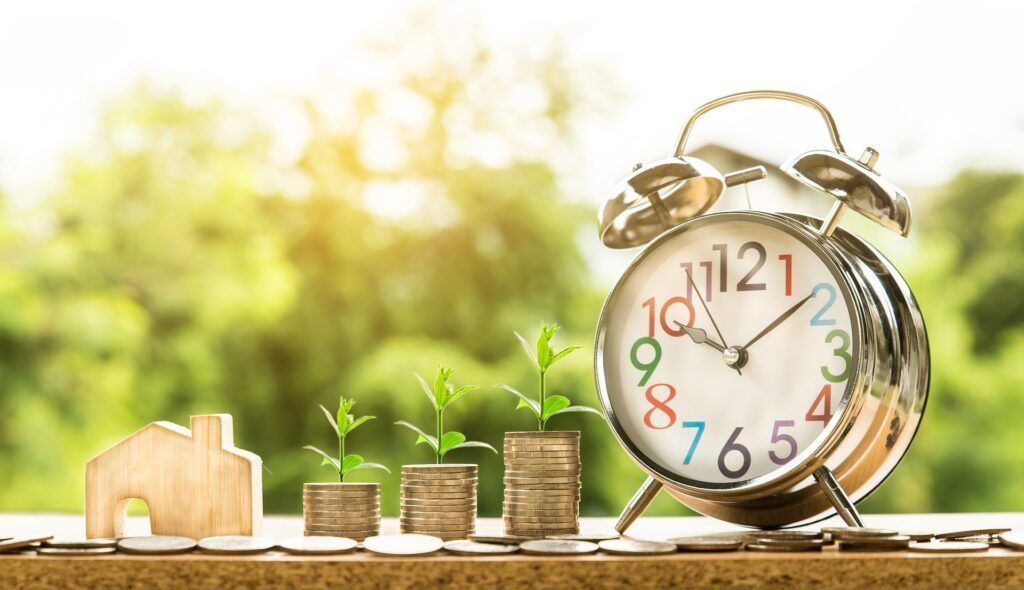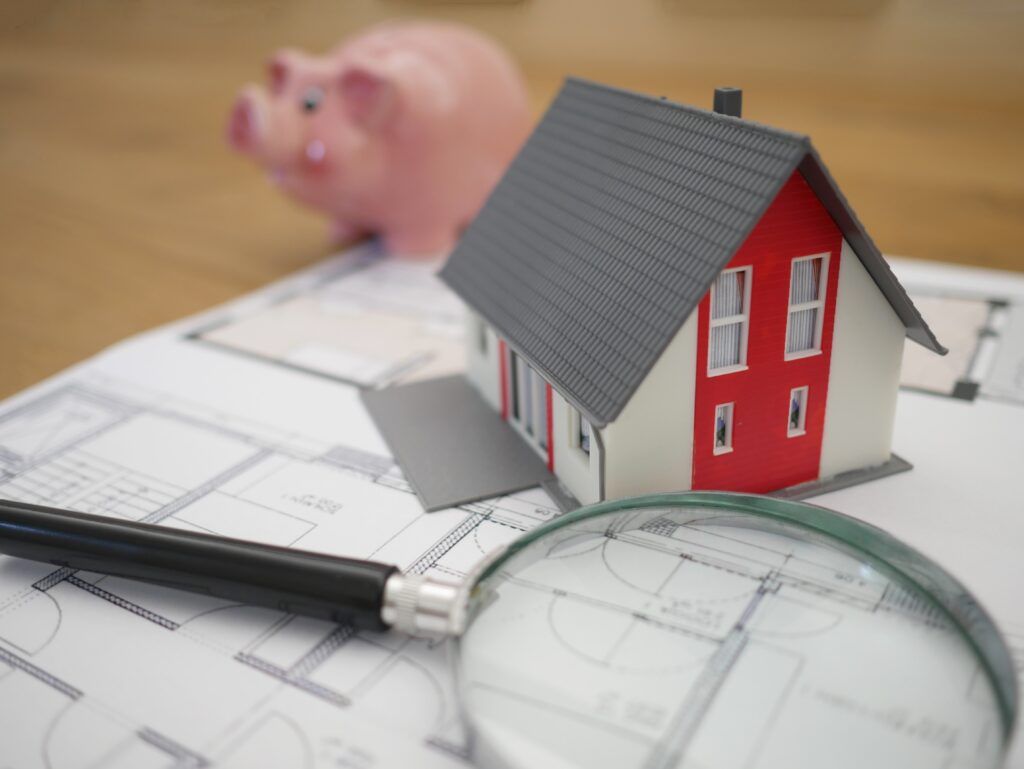Is Renting Really Just “Throwing Your Money Away”?
If you’ve ever bought a house — or explored the idea of it — you’ve probably heard the phrase, “rent is just throwing your money away.” In fact, there’s a good chance that either your real estate agent or loan officer was the one who said it.
It makes sense, from a distance: when you own a house, you have equity. It’s an investment. Renting, on the other hand, is just money in exchange for being able to live in a certain place for a certain period of time.
So with that in mind, shouldn’t you try to own a house as soon as you can afford to?
Not so fast, grasshopper.
For most people, at some point in their life, it does make sense to own a home.
But not necessarily from an investment point of view (though that’s part of it), but rather from an emotional point of view. Emotional and non-tangible things factor into real estate and homeownership far more than “experts” give them credit.
When considering buying a home, you need to do a bit of soul-searching and ask yourself “why.” If the answer is, “because I’ll miss out on a better deal if I don’t” then you need to do some reevaluating.
Here are several things to consider each time you hear the phrase “rent is just throwing your money away”:
What really matters is investing your money…not whether you rent or own.
The concept of “own, don’t rent” is a red herring.
People easily misunderstand it and think that owning a home is the best or perhaps even only type of investment they can or should make.
That is simply not true.
Think about it: the S&P 500 typically has a return rate of 10-11% per year. Compared to that, real estate is around 8%.
Even if we highball that estimate and put real estate at 10% a year (as is the case with a really good investment), remember that stocks are a liquid asset, unlike real estate. You can cash out your investment in the stock market at any time. With a house, it takes time to find a buyer and finalize the process.
“Okay, but I don’t plan to sell my house. I just don’t want to deal with inflation.”
That’s one good reason for owning a home, but again, you have to consider it in the context of all the other factors. For example…
Consider the hidden costs of housing.
Several years ago, my wife and I were going to live in a certain area of Florida, temporarily. We decided to buy instead of rent.
By the time we sold the house and moved, we did the calculations and realized our “investment” had been no different than if we had just decided to rent. In fact, it had been more of a hassle.
How?
By the time we factored in closing costs, paying our agent, taxes, and the interest we paid on the mortgage, we realized we had paid the same as if we had just rented.
Here are the costs to owning a home that many buyers overlook:
- Property taxes
- Realtor fees
- Closing costs
- Maintenance (think roof, plumbing, AC…all the things a landlord takes care of when you rent)
- PMI (Private Mortgage Insurance) — for a down payment less than 20%
- Interest (it takes time to pay interest off the mortgage and get down to the principal/build equity)
- HOA (if applicable)
These expenses add up fast and can take the glamor out of homeownership quickly. For a house purchase to make sense, financially, you need to live there at least five years — ideally longer.
When you invest in the stock market you also need to hold onto your stocks for about that long to see stable returns…but at least with stocks, you can live your day-to-day life however you want. With a house, you are committing to live in the same place, in the same structure, for a relatively long period of time.
This leads to an important question you should ask yourself:
“ What are my reasons for buying?”
Buying a house is a very emotional process.
That’s not a bad thing. There are good emotional reasons and bad emotional reasons for buying a house.
Examples of good emotional reasons:
- You want to stay in the same area as your parents/extended family
- You want a place to live that’s secure for raising a family
- You are a homebody, enjoy having space and want a secure place to stay put
Examples of bad emotional reasons:
- Fear: “If I don’t buy a house now, the market will only go up”
- You assume that you need to own a house to look and feel successful in life
- Expectation from family, peers, society, etc.
Have an honest conversation with yourself (and partner/family, if they are involved) and ask what the emotional factors driving you are.
What about logical factors?
As we explored earlier, buying a house can be a great investment if you are able to comfortably afford all the costs that come with it.
Should you buy a house if you can afford it? Maybe not if your dream life involves investing in the stock market and traveling around the world slowly. Owning a house is not a “one size fits all” lifestyle hack to happiness.
But if you can comfortably afford a house, plan to live there a while so you build equity, and have good emotional reasons for doing so then buying a house is the way to go.
Just remember to…
Be especially careful in today’s market.
Unless you find an opportunity that you can afford without stretching, that’s not overvalued, I would exercise caution right now with buying.
The current housing market is in a great deal of flux right now. While the market certainly never stays the same, this is an unprecedented time in many ways with many strange and unusual factors at play.
While I certainly don’t expect a “crash” like we saw back in 2008, I also don’t believe the current market growth is sustainable. A market in which people are actively competing with each other to buy property sight unseen, waiving inspection fees and bidding well over asking price is not “normal.”
If you find a truly great deal that you can afford during this time, by all means go for it. There’s never a bad time to buy if you find the right deal.
But if you are afraid of “missing out” on affording a house, if you are stretching to afford one, if you are hoping to find something before “all the good houses are gone” — not unlike the rush on toilet paper we saw at the beginning of the pandemic — then you are letting negative emotions drive your decisions. And that’s never a good thing.
In summary:
For most Americans, the “American Dream” includes owning a home. Owning a home, however, is not living the dream if you are house-rich and cash-poor.
Last I checked, the original American Dream was “life, liberty and pursuit of happiness.” You’re not going to feel very free or very happy being stuck with a home you’re struggling to afford or no longer enjoy.
However, you will be quite happy if you love your home, plan to live in it for a while, and can comfortably afford the monthly mortgage.
Ask yourself these questions and it’ll be much harder for you to go astray:
- Is a house the only way I want to invest my money?
- Do I plan to stay in the same place for a while?
- Why do I want to be a homeowner? What are the emotional factors motivating my decision?
- Have I considered all the extra/hidden costs of housing?
- Will I be able to afford the monthly mortgage without stretching myself?
And finally, remember:
- do not let FOMO (Fear of Missing Out) ever affect any decision in your life, especially one as big as purchasing a house.
- The important thing is that you invest your money. You can do this in other ways besides buying a house.
- There is no “expiration date” for finding your ideal home. As long as you do your due diligence you’ll get there.




